Tolerant Engagement Forums: Empirical Narratives of an Issue-Driven Researcher-Practitioner Partnership in Ethiopia
Mesele Mengsteab; David Dow; Jeremy Springman; Juan Tellez; Fitsum Hailu; & Sewareg Adamu
Group Photo of Tolerant Engagement Forum Participants. Courtesy of Initiative for Peace and Development & Addis Ababa University,
Our project, titled “Increasing Youth Engagement While Mitigating the Potential for Conflict in Ethiopia,” was driven by youth-oriented issues. The first issue is that Ethiopia’s youth have played a central role in the massive political changes since 2016. Youth groups have orchestrated sustained, cross-ethnic protests, ultimately securing a transition of power and extensive liberalization. The second issue, however, is that these successes the youth have achieved belie the reality that the political mobilization of Ethiopia’s youth has been uneven, and has not translated into government policies targeted at addressing youth related issues. Rather, the Ethiopian youth have still been facing unique social and economic challenges, low levels of engagement with formal political and civic institutions, and mobilization around ethnic identity. The youth have generally been sidelined from development, empowerment, and leadership policies. Therefore, designing this project was motivated with the belief that increasing and improving youth participation in civic and political life is crucial for fostering inclusion amongst a large share of the Ethiopian population. To this end, a team of researcher, from Addis Ababa University and the USA partnered with a practitioner in an Ethiopian non-governmental organization, Initiative for Peace and Development, to implement and rigorously evaluate the impact of tolerant engagement forums (TEF), designed to promote youth engagement while mitigating the potential for political and social conflict.
The TEF consisted of both large group sessions where ~100 students (per workshop) connected with representatives from civil society and government organizations, as well as smaller group sessions of ~10 students from diverse backgrounds engaging in a structured inter-ethnic contact and political dialogue. We used a randomized control trial (RCT) to evaluate the causal impact of the TEF workshop on students’ engagement and attitudes towards members of other political and ethnic groups. Our RCT estimated the impact of the intervention by comparing outcomes for students who were invited to the TEFs (~350) against outcomes for counterfactual students that were randomly selected to not participate in the TEFs (~470). We measured outcomes using an endline survey of students conducted 4 months after the TEF workshops were held.
TEF Participants at a Networking Session with Ethiopia Issue Representatives. Courtesy of Initiative for Peace and Development & Addis Ababa University.
Results from our endline survey show that participation in the TEF had a significant and positive impact on increasing students’ civic engagement. We found that connecting university students with representatives of civil society and interested peers was a fast, cost-effective way to increase participation with civil society groups. Importantly, this was true for both women and men and for students from different ethnic backgrounds. Our findings indicate that participation in a TEF had a significant and positive impact on increasing students’ civic engagement with non-government institutions and organizations. However, we also found that the TEF had only minimal effects on increasing political engagement with government and political parties and no impact on political and ethnic tolerance or social cohesion.
In a nutshell, the TEF model offers a fast, cost-effective intervention that can be scaled-up to increase youth civic engagement around the country. By working with an Ethiopian organization to implement the TEF, we found a local solution to the problem of low youth engagement. Our results suggest that local organizations around the country could replicate this model at Ethiopia’s other universities to enhance the civic engagement of students. Furthermore, these organizations could work with local researchers to experiment with different levels of focus and intensity in the TEF workshop in order to strengthen its effects on reducing social and political conflict and intolerance.
Therefore, we recommend that the Tolerant Engagement Forum be expanded to include other universities around Ethiopia in an effort to increase student engagement in civil society. We believe that not only can youth make a positive impact on the strength and diversity of civil society in the current time period, many students will go on to hold important positions in the future. The practice of the TEF workshops should be expanded into other universities, including those outside of Addis Ababa, to aid in increasing engagement.
In the same vein, we have learned that partnership between researchers and practitioners for Embedded Research Translation has not been very common in Ethiopia. In this regard, we believe that our project will be of value in terms of encouraging research translation through researcher-practitioner partnership. Above all, we understand that our project revolves around the civic and political participation of young people, who are considered to be a force for change. Thus, we have learned more that it is an activity that needs to be carried out in partnership with multi-stakeholders. With this in mind, our takeaways include:
- It is worth conducting more research applying this approach in new contexts and at larger scales;
- We need to experiment with different approaches to tolerance and cohesion; and
- Increasing engagement with government and political institutions is harder than expected, and we need more research to understand why.
To learn more about our project, please see our project video, TEF video, curriculum guide, evidence brief, project summary, and final report.
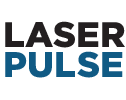
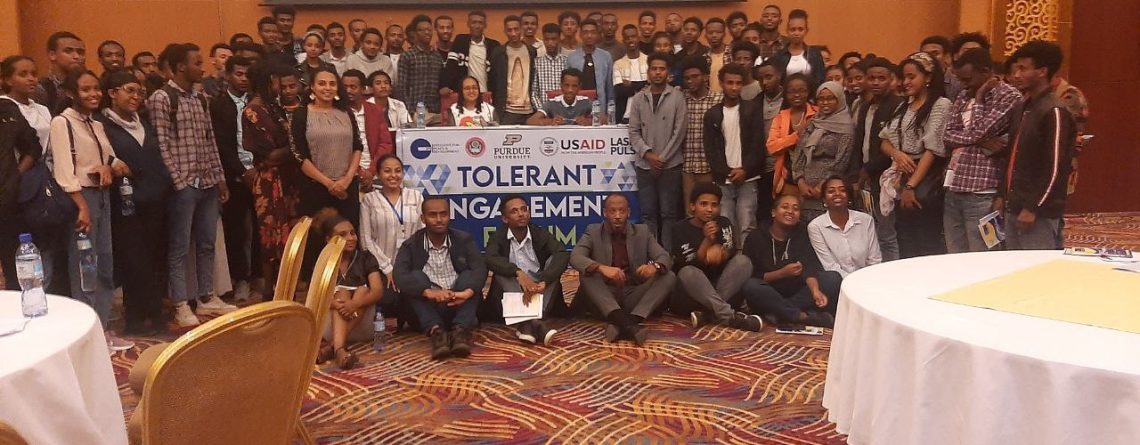
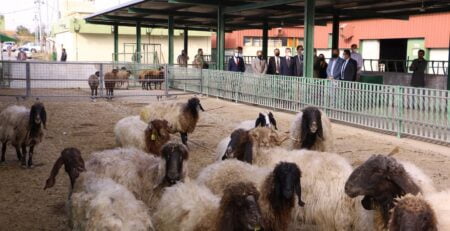
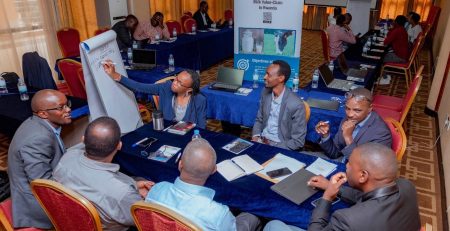
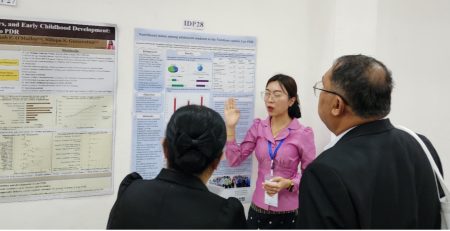
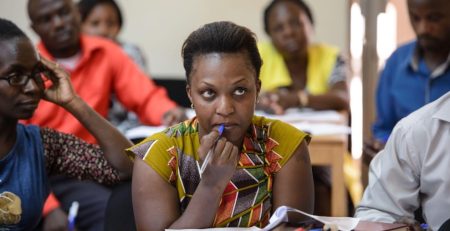
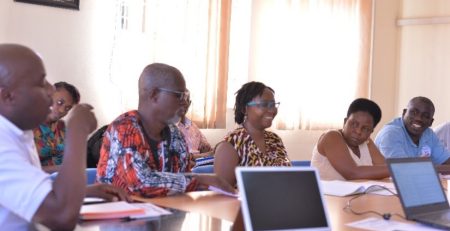

Leave a Reply
You must be logged in to post a comment.